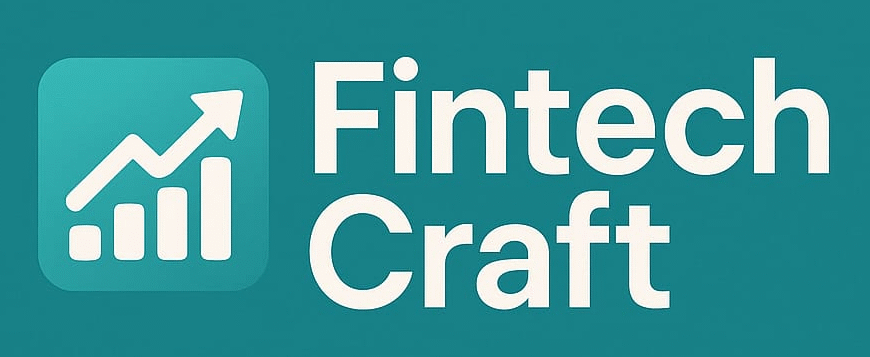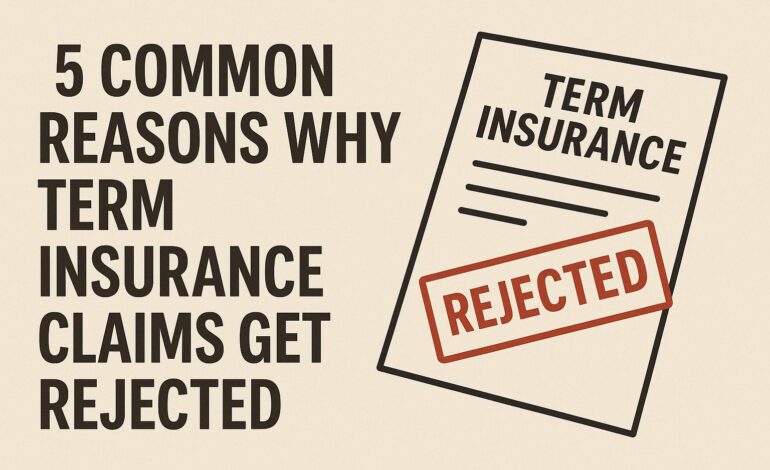
How AI Helps Against Health Insurance Rejections 2025
AI Helps Against Health Insurance Rejections 2025: In early 2024, Stephanie Nixdorf, a 51-year-old mother of four from North Carolina, found herself in a painful situation — both physically and emotionally. After surviving Stage 4 melanoma, a side effect of her immunotherapy left her with severe arthritis. But when her doctors prescribed infliximab, a proven treatment, her insurance company denied coverage — not once, but three times.
Despite paying her premiums and receiving coverage for cancer, Premera Blue Cross repeatedly rejected the drug as “not medically necessary,” “investigational,” and even “not FDA-approved.” For nine long months, Stephanie suffered.
But then came a breakthrough — powered by AI.
The AI-Powered Letter That Changed Everything
Stephanie’s husband, Jason, met Zach Veigulis, co-founder of Claimable Inc., a startup using artificial intelligence to help patients craft strong, research-backed appeal letters. Their AI tool generates detailed letters that include medical evidence, case histories, and references to insurance policy loopholes — all for about $40.
Even though Claimable’s platform hadn’t launched yet, the team stepped in to help. With AI-generated support, Stephanie submitted a 23-page appeal letter not only to Premera but also to state and federal authorities. Just two days later, the drug was approved.
Insurance Denials: A Growing Crisis
Stephanie’s case is not unique. According to a 2025 KFF report, insurance companies denied 19% of in-network claims in 2023. Shockingly, fewer than 1% of patients appealed — and over half of those appeals were denied again.
The consequences? Delays in treatment, financial strain, and irreversible health damage. In Stephanie’s case, doctors said the delay may have caused permanent joint damage that could have been avoided with timely care.
How AI Tools Like Claimable and Counterforce Are Changing the Game
Companies like Claimable Inc. and Counterforce Health are now giving patients and providers powerful tools to push back. Their AI systems can:
- Analyze insurance policies
- Compile successful appeal precedents
- Auto-generate letters with medical evidence
- Send alerts to insurance regulators
Healthcare advocate Neal Shah, who leads Counterforce, said most patients don’t appeal because they feel overwhelmed. His team’s solution is free, fast, and effective. Nurses like Tabitha Lee in North Carolina say they’ve seen approvals come back the same day.
‘People Give Up’ — But They Shouldn’t
Stephanie’s husband believes the system is designed to make patients quit. The Nixdorfs had to dig through documents and request peer review records, only to find that the reviewing doctors had no expertise in cancer or arthritis.
Even the independent reviewer hired by Premera had ties to the company. The deeper they looked, the more they realized how broken the system was.
But with AI in their corner, they turned the tide.
A New Era of Patient Power
Today, Stephanie is receiving the medication she needs. And thousands more may soon follow in her footsteps.
“You have rights,” Shah reminds patients. “A denial isn’t the end. It’s just the start of your appeal.”
AI is no longer just about chatbots or futuristic tech — it’s helping people live longer, healthier lives by fighting for the care they already deserve.
Also Read: Bitcoin Falls Below $100K as US–Iran Tensions Rattle Markets






